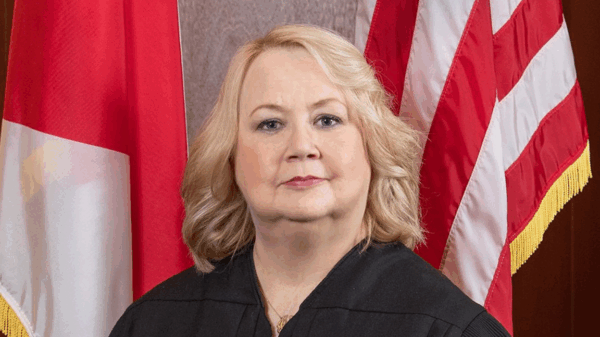By Beth Clayton
Alabama Political Reporter
MONTGOMERY–The Executive Board of the Alabama Department of Education met Thursday to discuss how they will handle new legislation, most notably the education budget and the Alabama Accountability Act.
The legislature voted to override the governor’s executive amendment to delay implementation of the tax credits and scholarship portion of the Accountability Act. Now, the Board must prepare to implement the new policies in the coming school year, most notably addressing the issue of “failing” schools.
State Superintendent Tommy Bice discussed the Accountability Act and the impact it will have on education in Alabama.
“It started out with every education entity and the legislature, for the most part, on board with embracing the flexibility, and in one night that changed into something totally different,” Bice said.
Bice said the Board’s “biggest challenge remains…how do you define a failing school? The definition we have ended up with is still just as problematic and just as flawed as the first one.”
“We’ve given a definition 15,000 times but it never ended up in the law,” Bice said.
Under the new law, a school is “failing” when that school has ranked in the bottom six percent for at least three of the last six years. The school board will need to determine which schools qualify as “failing” under the guidelines provided in HB658.
Bice cited Benjamin Russell High School as an example of how the definition provided in the legislation is flawed. Benjamin Russell was “struggling” during the first three years of the last six year period and would have identified in the lowest six percent. However, in the most recent three years, Benjamin Russell “showed significant improvement and totally moved out of the category of ‘underperforming,'” Bice said.
Using the the definition provided in the law, Benjamin Russell would qualify as a “failing school,” and that is “absolutely incorrect,” according to Bice. “That is not a failing school,” he said.
Other schools, such as North Sumpter Junior High, would also be on the list according to the legal definition, when the Department of Education says that they have shown significant improvement in recent years.
“I’m just not going to present a list that has schools on it that should not be on that list,” Bice said.
The legislature and media have both repeatedly asked for the list of failing schools, according to Bice. “How in the world do you pass a law based on something that you’re asking, ‘Do they even exist?’ The list should have come first so you knew what the need was,” he said.
According to Bice, the legislature has said they need to see the list to be able to move forward.
“It shouldn’t matter who’s on the list. If this is what’s the right thing is for public education in Alabama, it shouldn’t matter on any level who’s on the list, but it has,” Bice said.
Bice said that the Board’s challenge now is to “follow the law, but do what’s right for the children.”
Based on the law, the Board has committed to provide a list by June 13. Bice continued to say that he will meet with the superintendents and the principals who are affected before he presents the list at the next board meeting.






















































